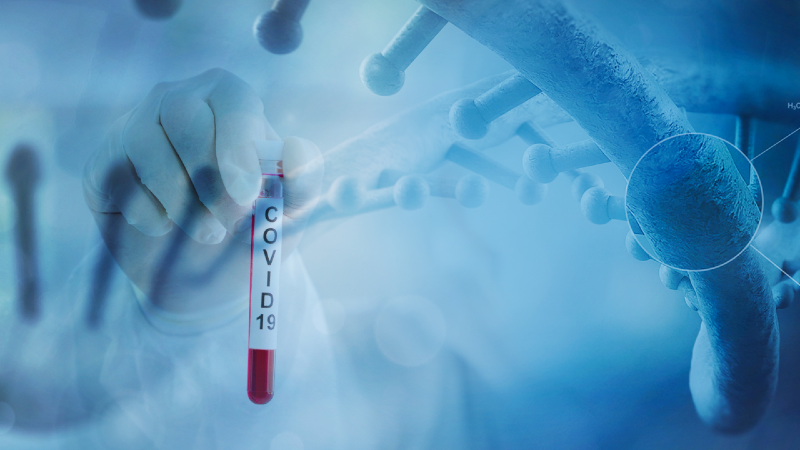The clinical trial landscape has had multiple disruptions due to the Covid-19 pandemic. The disarray extends to studies in all therapy areas, including those in the cardiovascular and metabolic disorder (CVMD) space. Since January, multiple trials pushed back their estimated start dates, were suspended, or have been postponed indefinitely. Although many trials affected by the pandemic have uncertain futures, some have been able to resume activity. According to GlobalData’s clinical trials database on 28 May, a few trials in the CVMD space (about 6%) have resumed after being disrupted by the pandemic. Within the past two months, there has also been a noticeable uptick in Covid-19-related trials that are focusing on diabetes drugs. Overall, the pandemic continues to significantly shape the CVMD clinical trial landscape, while developers and physicians attempt to grapple with the ongoing market, financial, and patient management implications.
In March, the FDA published a guidance document to help sponsors keep their studies going despite the obstacles and uncertainties that the studies are facing during the pandemic. The guidance has since been updated on 14 May. GlobalData believes that the guidance will prove especially useful for trials that have resumed after being disrupted by the pandemic. According to GlobalData’s clinical trial database, there have been over 200 CVMD clinical trial disruptions due to the pandemic, with only a few having resumed. The majority of these trials are now recruiting and are in Phase III development. Most of them are sponsored by big pharma, such as Boehringer Ingelheim and Novartis, and the disease indications for these trials include acute heart failure, atrial fibrillation, chronic heart failure, hypertrophic cardiomyopathy, and type 2 diabetes (T2D).
A number of trials identified in GlobalData’s database have also indicated that diabetes drugs are being investigated in Covid-19 studies. These include AstraZeneca’s DARE-19 trial, the University of Milan’s SIDIACO trial, and the University of Miami’s study on the effects of DPP4 inhibition on Covid-19. The treatments being investigated belong to two main drug classes used to treat T2D: sodium-glucose co-transporter-2 and dipeptidyl peptidase-4 inhibitors. AstraZeneca’s Farxiga (dapagliflozin) is being investigated for the potential to reduce Covid-19 progression, complications, and all-cause mortality. Merck’s Januvia (sitagliptin) is being investigated to modulate the pulmonary inflammatory response in Covid-19 patients. Boehringer Ingelheim and Eli Lilly’s Tradjenta (linagliptin) is being investigated to reduce the severity of the Covid-19 infection. However, despite optimism around the concept of repurposing drugs, as seen with Farxiga, the endeavour is risky as SGLT-2 inhibitors can cause an array of serious side effects, including diabetic ketoacidosis.






